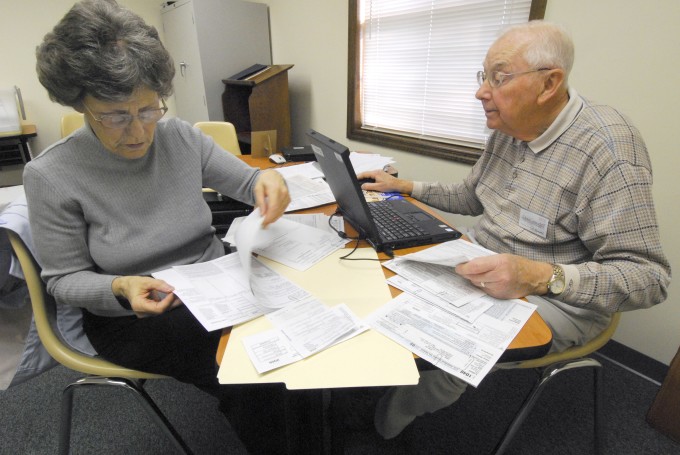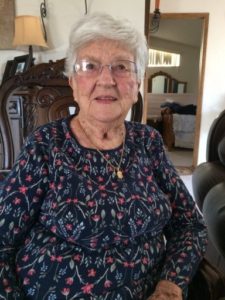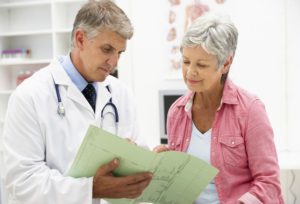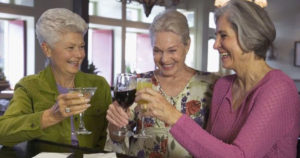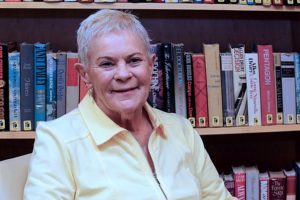Livingston Memorial Visiting Nurse Association supports the total well-being of our community. They host free monthly education classes throughout the county which include the following:
Social Services/Bereavement Groups
Ojai Caregiver Support Group: Monday, February 5th and Tuesday, February 13th (1st & 3rd Mondays, unless it falls on a holiday) from 10:00 am – 11:30 am at Continuous Care Center, Fireside Room, 1306 Maricopa Hwy, Ojai (behind Ojai Valley Community Hospital). Find encouragement and hope during your time as a caregiver. Share, listen and explore thoughts and feelings about the struggles, losses and successes of caring for your loved one. For more information call (805) 633-9056.
Ojai Adult Bereavement Support Group: Tuesdays, February 13th and 27th (2nd & 4th Tuesdays) 10:30 am-noon at Help of Ojai, West Campus 370 Baldwin Rd., Ojai. These groups are open to individuals who have experienced loss and are free of charge. Call 642-0239 for more information or email [email protected].
Oxnard Adult Bereavement Support Group: on Mondays, February 5, 12, and 26th, and Tuesday, February 20th, from 3:00-4:30 pm at First Presbyterian Church, 850 Ivywood Dr., Oxnard. These groups are open to individuals who have experienced loss and are free of charge. Call 642-0239 for more information or email [email protected]. If you have any schedule questions, please check the website calendar (http://lmvna.org/calendar/index.html) or call us.
Ventura Adult Bereavement Support Group: Wednesdays, February 7, 14, 21, 28 from 6:30-8:00 pm at Livingston Memorial Visiting Nurse Association office, 1996 Eastman Ave., Suite 109. These groups are open to individuals who have experienced loss and are free of charge. Call 642-0239 for more information or email [email protected].
Newly Bereaved Support Group in Ventura: Thursday, February 8th from 6-7:30 pm at Livingston Memorial Visiting Nurse Association office, 1996 Eastman Ave., Suite 109. This monthly group is designed for adults who have recently experienced the loss of a loved one and is free. Call 642-0239 for more information or email [email protected]. These groups meet every 2nd Thursday of each month.
Diabetes Classes
Ventura: Tuesday, February 6th from 1-2:30pm at Livingston Memorial Visiting Nurse Association, 1996 Eastman Ave, Suite 109. These meetings are held on the 1st Tuesday of each month. General information is provided about Type 2 Diabetes including prediabetes, with emphasis on meal planning, medication, exercise, blood sugar monitoring, and new developments in diabetes.
Call 642-0239 for more information.
Joint Replacement Classes
Ventura: Monday, February 12th for both English and Spanish speaking. English 4:00-5:00 pm and Spanish 5:30-6:30 pm at Livingston Memorial Visiting Nurse Association offices, in the Community Room at 1996 Eastman Avenue, Suite 109 in Ventura. You will learn what to expect before, during and after knee or hip replacement surgery and how to be an active participant in your care.
For information or to RSVP call Dinah Davis at (805) 642-0239 ext. 739.

